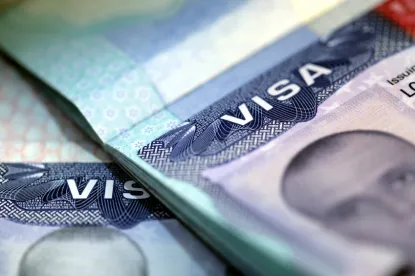A recently unsealed criminal indictment filed in the District of New Jersey demonstrates that the Department of Labor and the Department of Homeland Security continue to be vigilant about investigating allegations of H-1B wage violations.
Under the H-1B program, an employer must promise to pay a sponsored H-1B worker no less than the prevailing wage applicable for the sponsored position for the duration of the H-1B worker’s authorized employment period. Significantly, the employer must continue to pay the H-1B worker even during periods of time when the employer does not have sufficient work for the worker. An employer who places the H-1B worker on a period of unpaid suspension or layoff during a slow period is said to have unlawfully “benched” the H-1B worker. The Department of Labor is authorized to investigate allegations of “benching” and, in cases where the allegations are substantiated, the Department may require payment of back wages owed the worker during their period of unlawful benching.
“Benching” an H-1B worker can be particularly tempting in the consulting/staffing field. A consulting agency who places H-1B workers with client companies and who experiences the end or loss of a contract may not have enough work to immediately assign to the now-displaced H-1B worker. Such an employer may be tempted to “bench” the worker and may even be tempted to try to conceal their conduct. The recently unsealed indictment, however, demonstrates that the conduct associated with “benching” may lead to more than a back-wages order, and may include allegations or charges for visa fraud, false statements, obstruction of justice or alien harboring. The indictment is publicly-available through the Department of Justice’s website.



 />i
/>i

